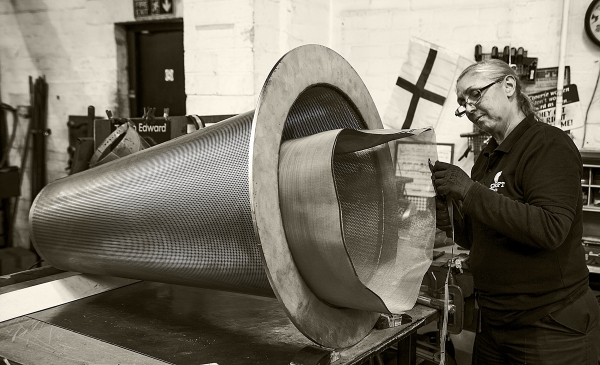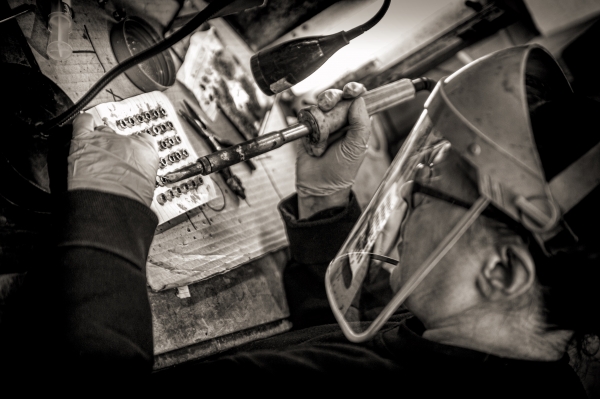4 minute read
Changing the perception of women in STEM
Ahead of International Women’s Day, Louise Geekie, Project Director at Croft AM discusses her experiences in the manufacturing sector and the importance of getting more women into STEM.
Although steps are being taken to ensure there is less stigma around women in STEM (Science, Technology, Engineering and Mathematics) roles, recent figures suggest we have some way to go if we are to completely rid ourselves of inequality in these fields.

Importance of more encouraging more women in manufacturing / Picture: Croft
A 2017 study, published by Accenture, found half of parents and teachers felt they subconsciously treated girls and boys differently when it came to STEM subjects. The same study also showed that women still only make up to 14 per cent of the STEM workforce in the UK.
This reminded me of my experiences when I started looking at STEM careers over 30 years ago. My father, a civil engineer, told me women weren’t treated well in this industry and, worried that it would be a difficult career path for me, advised me to avoid the field altogether.
As Britain prepares for its future outside the European Union, manufacturing and the STEM roles that support it will become even more crucial to help drive the UK economy. Engineering UK’s ‘State of Engineering 2017’ report found that there are simply not enough engineering graduates to meet demand; a shortfall of 20,000 individuals annually. With this shortage of skilled individuals in the industry becoming more of a real concern, it is a vital that we encourage more young women to work in these types of roles.

Over 80% of female engineers are happy with their career choice / Picture: Croft
Once in an STEM career, the benefits are clear; engineering students are second only to medics in securing full time jobs and good salaries. Further to that, The Women’s Engineering Society also found that more than 80 per cent of female engineers in the UK are either happy or extremely happy with their career choices.
In the last year alone, jobs have grown in the UK manufacturing sector by more than a quarter. It seems that a key challenge in closing the skills gap is to make the subjects themselves more engaging to children at a younger age; Accenture’s study found a dip in girls’ enjoyment of traditional STEM subjects as they enter secondary school.
For this to occur, those in the industry must to take a leading role and collaborate with the education sector to change the perceptions amongst girls considering taking STEM subjects. It is also essential that we start seeing more women at all levels of the industry acting as positive role models and on an equal footing with their male counterparts.
Although greater awareness is needed, we are certainly beginning to see larger organisations address the issue of gender inequality in the workplace. However, we need to see work like this replicated by SMEs and local education providers, making sure every student in the UK understands the true value of a STEM career.
For women already working in the industry, we must recognise our own responsibility to inspire and support the next generation of workers. By sharing our success stories and by drawing more attention to high-flying females in the workplace, we can encourage more young people to embark on a rewarding career in STEM.

Croft AM Project Director, Louise Geekie / Picture: Croft
